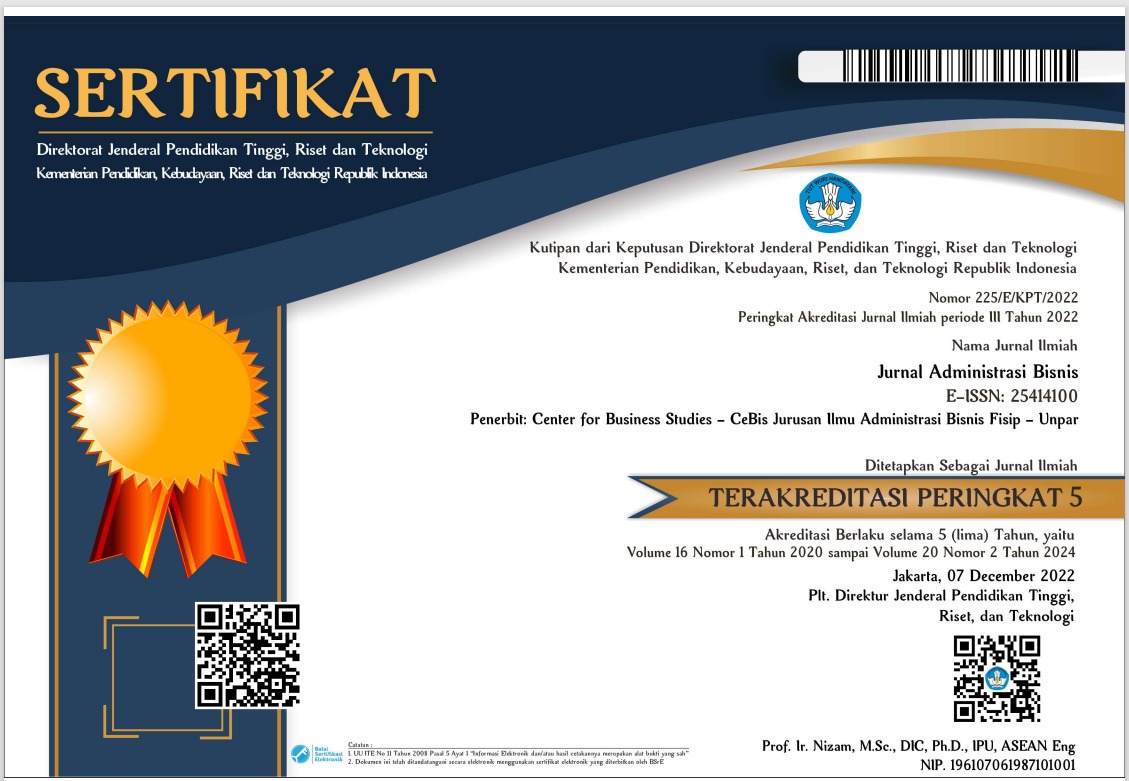Kajian Model Belanja Pegawai Negeri Sipil Studi Kasus: Kota Bandung
DOI:
https://doi.org/10.26593/jab.v11i2.1714.%25pAbstract
Reform of the bureaucracy is one of the most important in the implementation of the reform agenda as a whole, in order to improve the overall quality of public services from government officials to prioritize aspects of improving the welfare of civil servants. Under Law of ASN, efforts to improve the welfare of civil servants made through the structuring of income by taking into account factors professionalism, fairness and sustainable fiscal of APBN/APBD. By using goal programming method and case study analysis of Bandung City Government in 2013, it can be concluded allocation of personnel expenditure can be divided into three clusters. By comparing the baseline and simulated conditions echelon II officials raise salaries by 10%, the impact is the increase in the ratio of personnel expenditures to Total Expenditure Bandung in 2013 amounted to 0.20% and raised its budget deficit into Rp415,2 billion, or 0.23%. Keywords: civil servants expenditure, goal programming, APBD, sustainable fiscalDownloads
Published
2015-12-30
Issue
Section
Articles
License
The submitted article has never been previously publish in scientific journals, proceedings, or other electronic journals. The copyright of the accepted articles are belongs to Jurnal Administrasi Bisnis (JAB).











